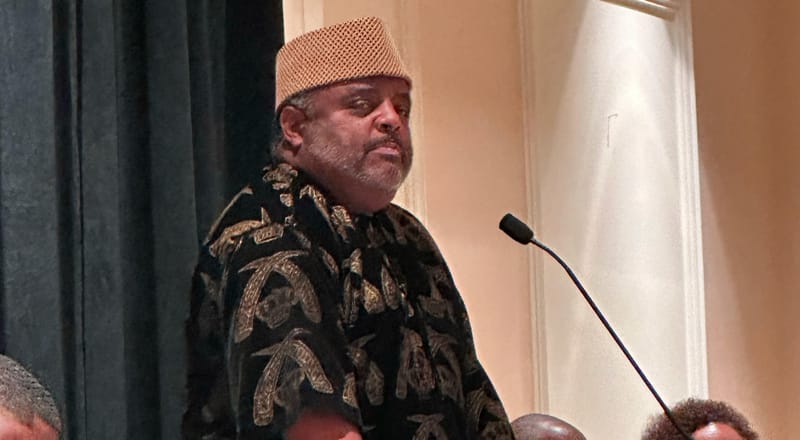Trump’s Education Agenda: Calls to Reshape or Dismantle Federal Department
Trump criticized the department as being overrun by “radicals, zealots, and Marxists” and vowed to overhaul its functions to align with his conservative vision.

WASHINGTON — President-elect Donald Trump has proposed sweeping changes to the federal Department of Education, including the possibility of dismantling the agency entirely. Throughout his campaign, Trump criticized the department as being overrun by “radicals, zealots, and Marxists” and vowed to overhaul its functions to align with his conservative vision.
His selection of former wrestling executive Linda McMahon to lead the department reflects his commitment to rethinking its role. However, eliminating the agency would require Congressional action and a significant redistribution of its duties to other federal or state entities.
The Department of Education plays a central role in U.S. education policy, overseeing financial aid, managing federal student loans, enforcing civil rights, and supporting students with disabilities and those from low-income or homeless backgrounds. Trump’s proposals aim to drastically alter these functions.
Student Loans and Financial Aid
The department oversees $1.5 trillion in student loan debt for more than 40 million borrowers and administers Pell Grants and the FAFSA, which are critical for students from low-income families. Under President Joe Biden, the agency has prioritized debt relief, forgiving over $175 billion for 4.8 million borrowers despite legal challenges from Republican-led states.
Trump has dismissed Biden’s debt cancellation efforts as “illegal” and “unfair” but has offered no specific plan for addressing the student loan crisis. His focus has instead been on reducing federal involvement in education.
Civil Rights Enforcement
The department’s Office for Civil Rights investigates discrimination cases and oversees policies affecting LGBTQ+ students and students of color. Biden expanded Title IX protections to include gender identity and sexual orientation, but Trump has vowed to undo these measures.
Trump has also pledged to pursue civil rights cases aimed at stopping what he describes as “explicit unlawful discrimination” tied to diversity and equity policies. His campaign platform suggests penalties for colleges that fail to comply.
College Accreditation
The department oversees accrediting agencies that evaluate the quality of colleges and universities. Trump has promised to remove accreditors he views as politically biased and approve new ones that align with his vision of “defending the American tradition.” This effort targets diversity administrators and other initiatives he considers “Marxist.”
While a secretary of education can revoke an accreditor’s federal recognition, the process is rarely pursued due to its complexity.
Federal Funding for Schools
Federal funding accounts for about 14% of public school budgets, primarily through programs like Title I for low-income schools and the Individuals with Disabilities Education Act. Trump has proposed shifting control of these programs to the states, potentially converting them into unrestricted block grants.
The Heritage Foundation, a conservative think tank, has suggested a similar approach, proposing that programs for low-income and disabled students be overseen by the Department of Health and Human Services before phasing out federal oversight entirely.
Trump’s agenda signals a sharp shift in education policy, echoing conservative calls to decentralize authority and reduce federal involvement. However, his proposals face significant legal and logistical hurdles, including potential resistance from Congress and education stakeholders. Whether Trump’s vision reshapes the Department of Education or remains aspirational will depend on the political landscape ahead.






